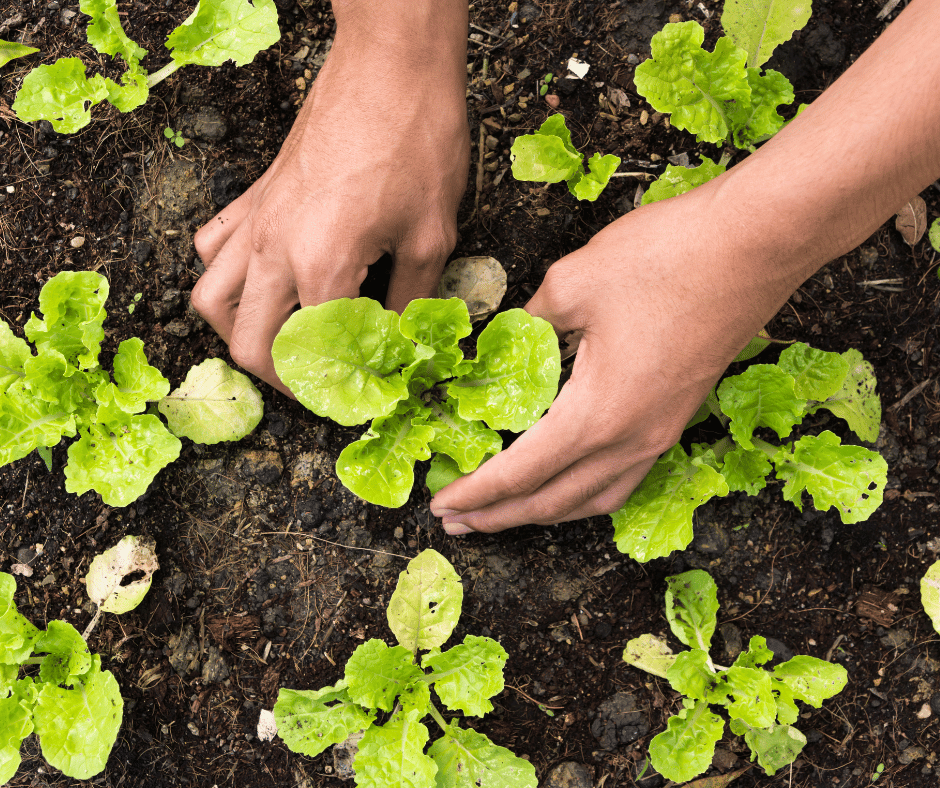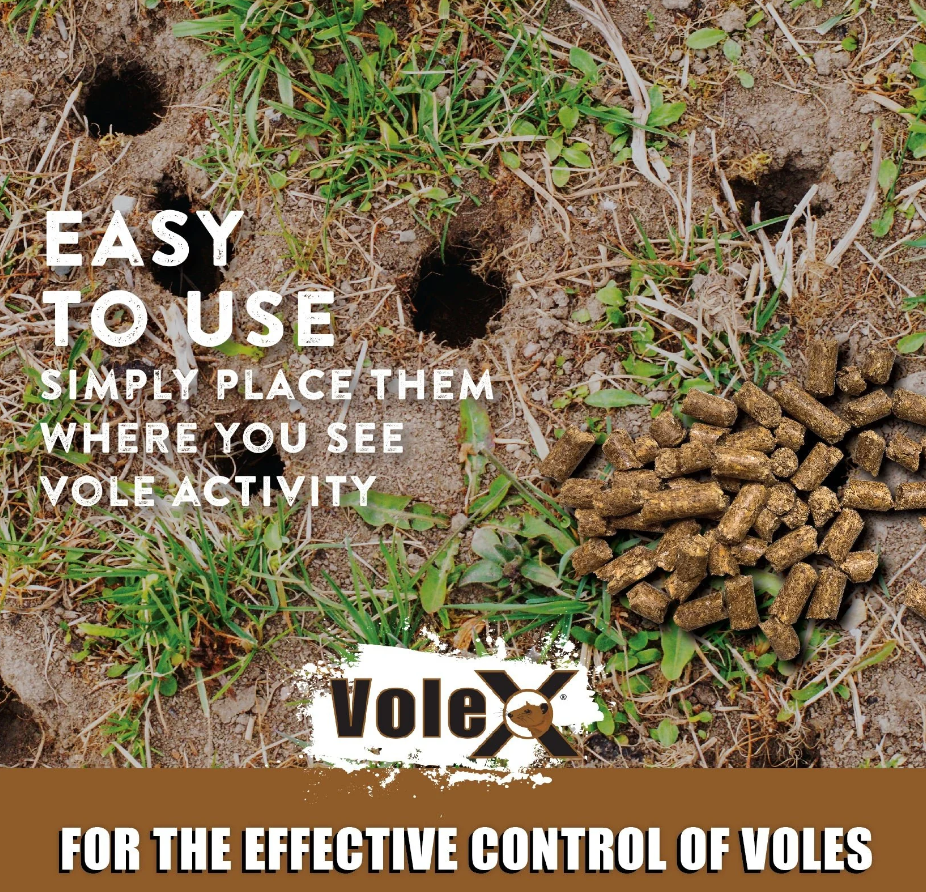Introduction
- Gardening is a rewarding hobby that allows you to connect with nature and enjoy the fruits of your labor, quite literally! However, maintaining an organic garden comes with its own set of challenges, particularly when it comes to pest control. Traditional pesticides are not an option for those committed to organic gardening, as they can harm beneficial insects, contaminate the soil, and disrupt the natural ecosystem. Thankfully, there are numerous natural and eco-friendly strategies you can employ to keep your garden pest-free without resorting to harmful chemicals. In this blog, we’ll explore effective methods and tips to help you maintain a healthy, vibrant, and pest-free organic garden.
Understanding the Importance of Organic Pest Control
Organic pest control is crucial for preserving the integrity of your garden and ensuring the health of the plants, soil, and surrounding environment. Unlike synthetic pesticides, organic pest control methods aim to balance the ecosystem by targeting pests in a way that minimizes harm to beneficial insects, wildlife, and soil health.
Benefits of Organic Pest Control
- Protects Beneficial Insects: Organic methods help maintain populations of beneficial insects like bees, ladybugs, and butterflies, which play vital roles in pollination and pest control.
- Preserves Soil Health: Avoiding chemical pesticides helps maintain the natural microbial balance in the soil, promoting healthier plant growth.
- Reduces Environmental Impact: Organic practices reduce the risk of water contamination and harm to non-target species, promoting a healthier environment overall.
- Safer for Humans and Pets: Organic pest control methods are typically less toxic, making them safer for use around your family and pets.
Prevention: The First Line of Defense
Preventing pests from becoming a problem in the first place is the best approach. Here are some preventative measures you can take to safeguard your garden:
Choose Resistant Varieties
Opt for plant varieties that are naturally resistant to pests. Research plants that are well-suited to your local climate and soil conditions, as healthy, well-adapted plants are better able to withstand pest pressures.
Healthy Soil Practices
Healthy soil is the foundation of a thriving garden. Regularly amend your soil with organic matter like compost, which enhances soil structure, nutrient content, and moisture retention. Healthy plants grown in nutrient-rich soil are more resistant to pests and diseases.
Crop Rotation
Rotate your crops each year to disrupt the life cycles of pests. Different plants attract different pests, and rotating crops helps prevent the buildup of pest populations in the soil.
Companion Planting
Companion planting involves growing different plants together to naturally repel pests and enhance growth. For example, planting marigolds alongside vegetables can deter nematodes, while basil can help keep aphids away from tomatoes.
Natural Pest Control Methods
When pests do make their way into your garden, there are plenty of natural methods to control them effectively without harming the environment.
Handpicking and Trapping
For small infestations, handpicking pests like caterpillars and beetles can be an effective method. You can also set up traps for larger pests. For example, a shallow dish of beer can attract and drown slugs and snails.
Homemade Sprays
There are several natural sprays you can make at home to control pests:
- Garlic Spray: Blend garlic with water and a bit of dish soap to create a natural insect repellent.
- Neem Oil Spray: Neem oil disrupts the hormonal systems of insects, preventing them from growing and reproducing. It is effective against a wide range of pests.
- Soap Spray: A simple mixture of water and dish soap can help control soft-bodied insects like aphids and mites.
Beneficial Insects
Encourage the presence of beneficial insects that prey on pests. Ladybugs, lacewings, and predatory wasps are natural enemies of many common garden pests. You can attract these helpful insects by planting a variety of flowers and providing a habitat for them.
Biological Controls
Use biological controls like nematodes and Bacillus thuringiensis (Bt) to target specific pests. Nematodes are microscopic worms that attack soil-dwelling pests, while Bt is a naturally occurring bacterium that targets caterpillars and other larvae.
Protecting Your Plants
Beyond direct pest control methods, there are various strategies you can use to protect your plants from pest damage.
Physical Barriers
Install physical barriers like row covers, nets, and plant collars to prevent pests from accessing your plants. For example, a fine mesh netting can keep out insects, while collars around the base of plants can protect against cutworms.
Mulching
Mulching helps conserve soil moisture, suppress weeds, and deter pests. Use organic mulches like straw, wood chips, or grass clippings to create a barrier that prevents pests from reaching your plants.
Pruning and Hygiene
Regularly prune your plants to remove dead or diseased foliage, which can attract pests. Keep your garden clean by promptly removing plant debris and fallen fruits, which can harbor pests.
Monitoring and Early Detection
Regular monitoring is essential for catching pest problems early before they become severe. Inspect your plants frequently for signs of damage or the presence of pests. Look under leaves, along stems, and at the base of plants for signs of pests or their eggs.
Use Yellow Sticky Traps
Yellow sticky traps can help you monitor and identify flying pests. These traps attract and capture insects like whiteflies and aphids, providing an early warning of pest problems.
Conclusion
Creating a pest-free organic garden requires a combination of preventative measures, natural pest control methods, and diligent monitoring. By focusing on healthy soil practices, encouraging beneficial insects, and using eco-friendly pest control methods, you can maintain a vibrant and productive garden without resorting to harmful chemicals. Remember, the goal is not to eradicate all pests, but to maintain a balanced ecosystem where pests are kept in check naturally. With patience and persistence, you can enjoy a beautiful, thriving garden that is safe for your family, pets, and the environment.



